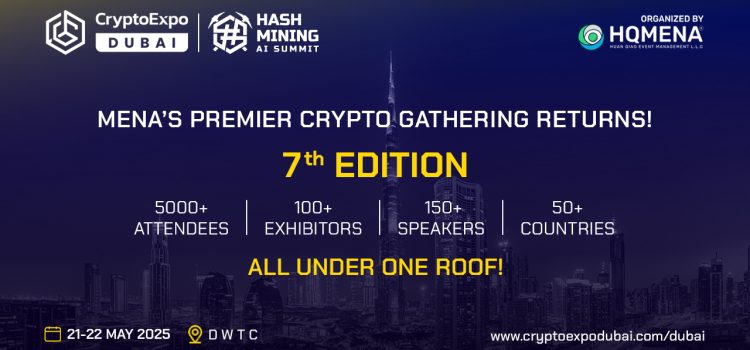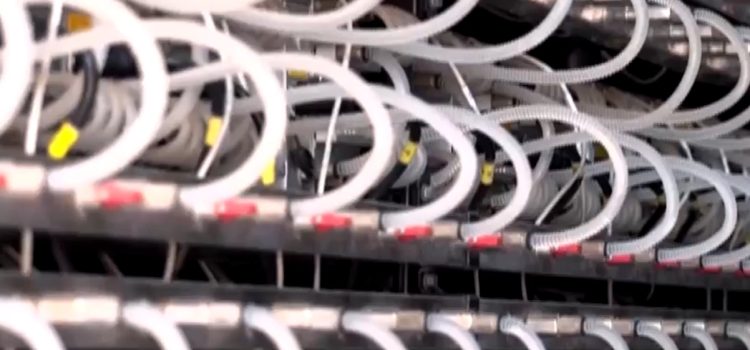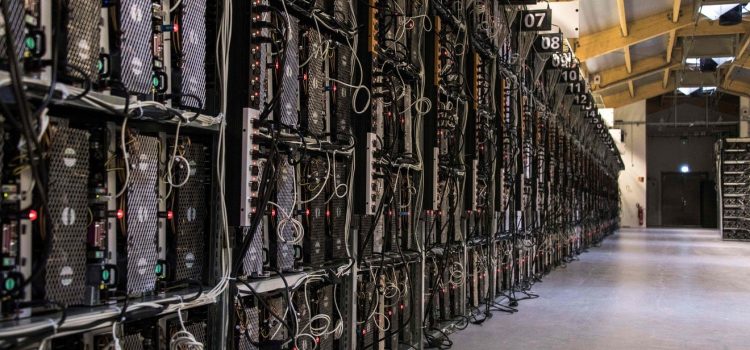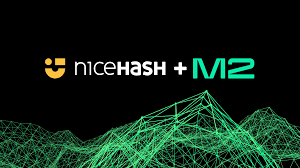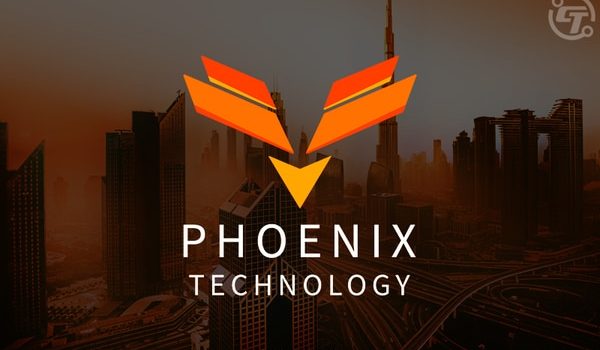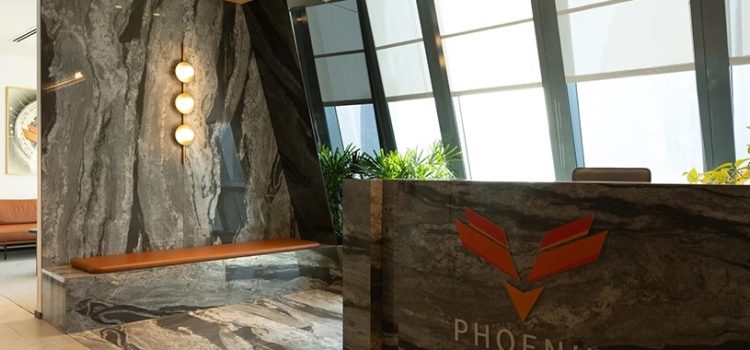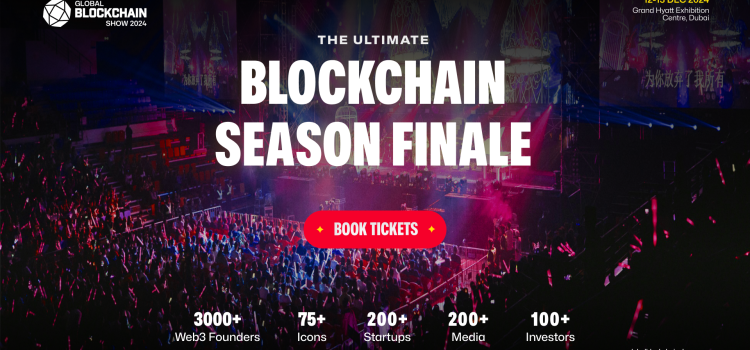
UAE based Omining, the crypto mining infrastructure company operating under the DMCC ecosystem, has expanded operations into Kenya with new established facility in the Kenyan Special Economic Zone (SEZ) makes it one of the first large-scale Web3 deployments in East Africa by a UAE-based entity.
The company’s entry comes as global technology players, including Microsoft, expand into Kenya’s SEZ framework, with Google and Amazon reportedly completing due diligence for future presence in the region. Omining’s new facility will serve as its operational hub, with a 90-megawatt capacity currently being expanded to 200 megawatts.
It leverages Kenya’s stable electricity costs, investor-friendly regulation, and growing global relevance. Naivasha, where the plant will run, offers other key advantages: a year-round temperate climate ranging from 6 to 30 degrees Celsius, a 100% tax-free regime within the SEZ, and a currency whose value is closely aligned with the US dollar – much like Dubai.
“We’re witnessing the beginning of a revolutionary era – the democratization of cryptocurrency mining. By enabling anyone to mine a currency without government control, we’re participating in a groundbreaking movement that’s reshaping the world’s financial landscape,” said Francesco Colucci, Managing Partner at Omining.
In under-electrified markets, crypto mining operations can play a broader role. Kenya has made significant strides in renewable energy generation, yet in rural areas, grid expansion often remains economically infeasible due to low demand. Omining’s consistent, large-scale energy consumption and investments in the region can help stabilize long-term revenue for utility providers. This, in turn, adds to the long-term health of both infrastructure and access.
“The infrastructure we’re building is about more than just scale,” said Lorenzo Calligaris, CTO at Omining. “You need to be in environments that understand what you’re doing and let you move fast, but responsibly. That’s what we’ve had in Dubai, and now we’re applying that playbook in Kenya.”
Kenya’s positioning as an SEZ destination is rapidly gaining traction across multiple industries because of a skilled labor pool, and growing integration with global digital trade systems. Recent public commentary from Kenneth Chelule, CEO of the SEZ Authority, referenced the potential of crypto mining firms like Omining to contribute to SEZ employment and energy monetization.
Recently Phoenix Group also entered the African continent with operations in Ethiopia. expanded its operations into the burgeoning African market with the acquisition of an 80-megawatt (MW) power purchase agreement (PPA) in Ethiopia. This landmark deal, forged in partnership with Abu Dhabi-based cybersecurity firm Data7, marks a significant step in Phoenix Group’s global diversification strategy.










